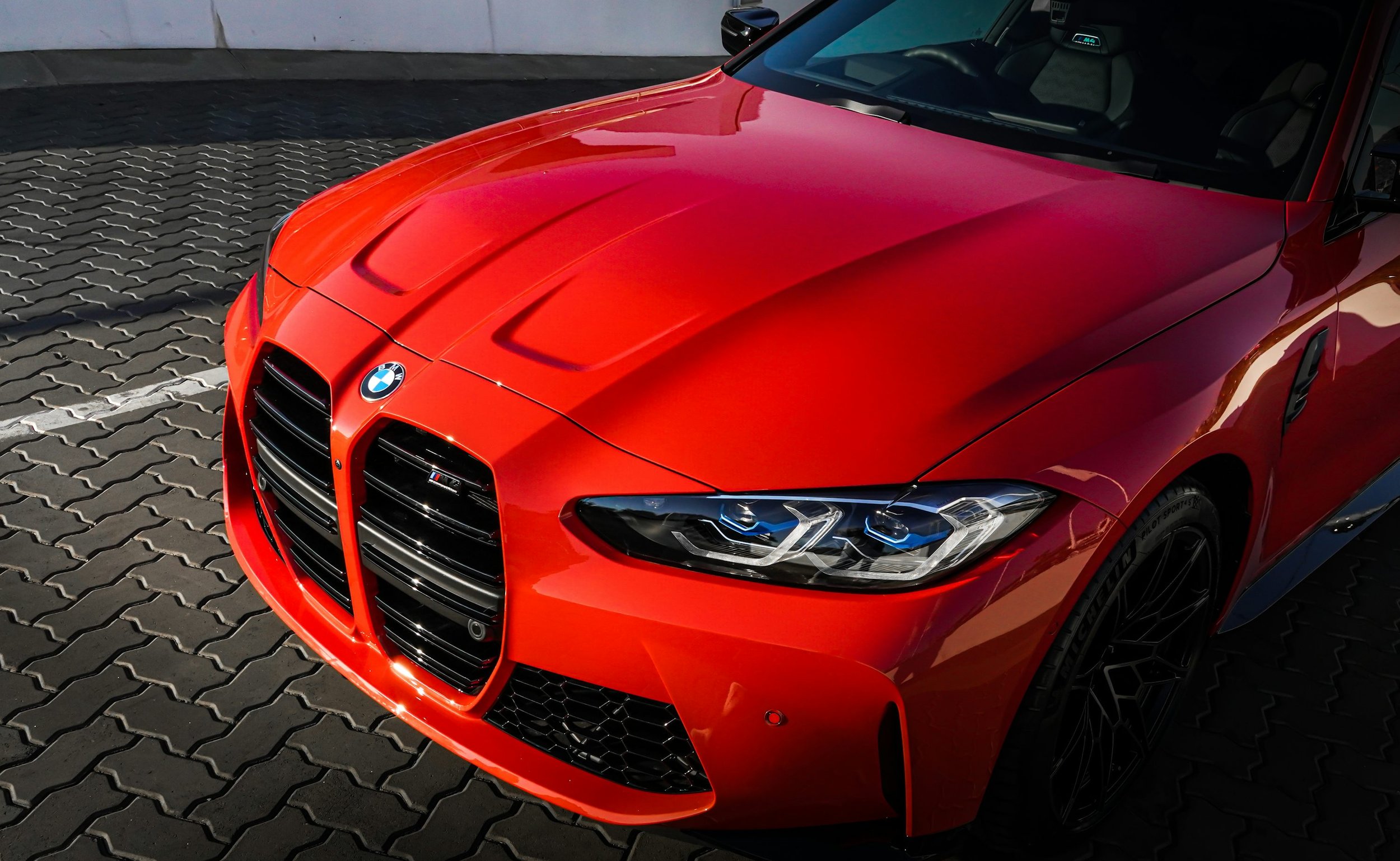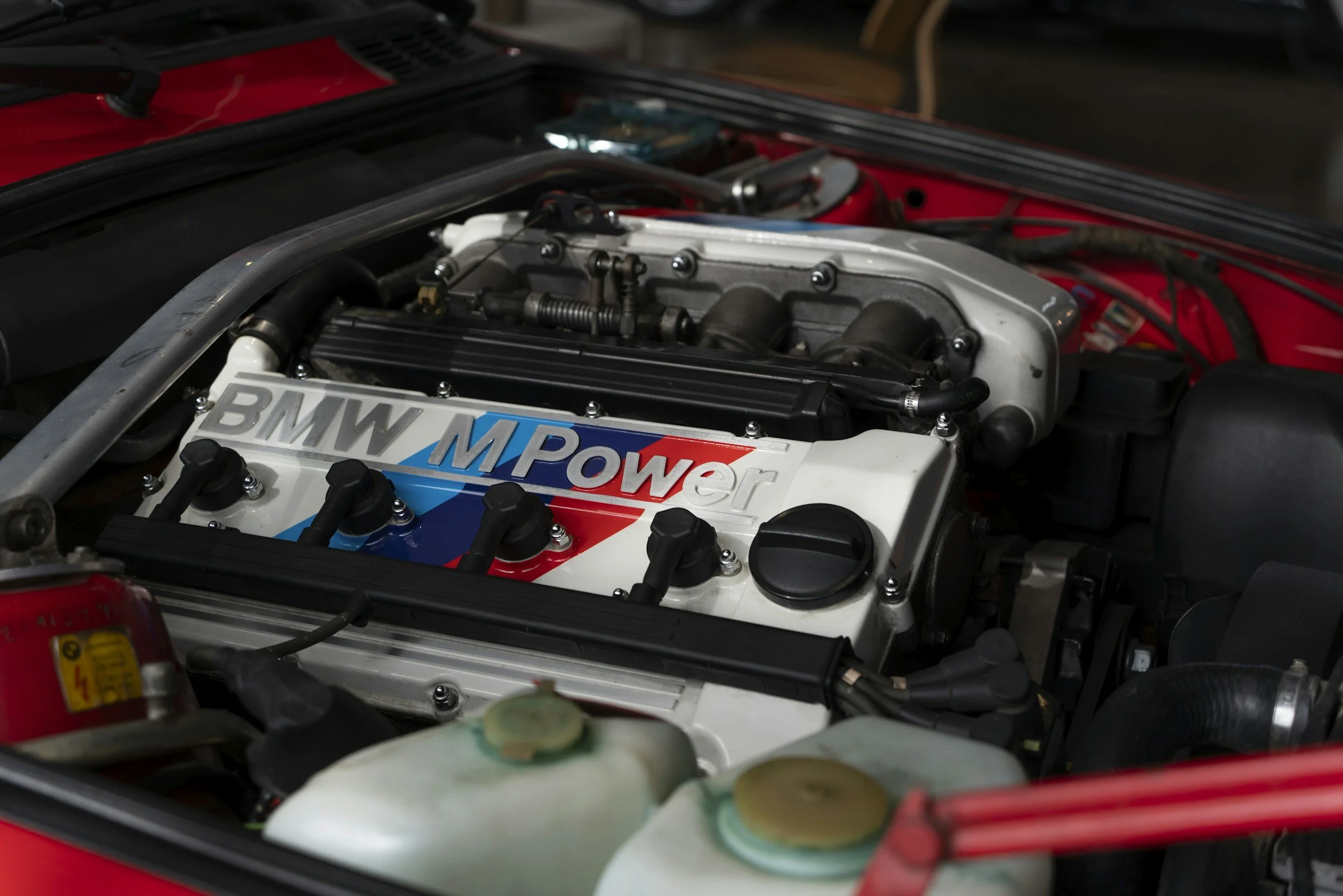
SL Autoworks
BMW & MINI repair shop in Little Rock
SL Autoworks is an independently owned and operated BMW repair, MINI repair, performance and maintenance shop.
Our Services
Automotive Performance Shop
If you are ready to get the most premium driving experience out of your vehicle, call us to see what upgrades and performance modifications we can do to unleash the power under your hood!
Routine Maintenance
From simple oil changes to timing belt replacement, we can do it all. We offer the highest quality customer service and will treat your automobile as if it were our own.
BMW, Subaru & MINI Repair
SL Autoworks has the proper equipment and experience to locate, repair and/or replace the issue quickly and effectively, and at a price that won’t drain the bank.

SL Autoworks - Little Rock's Top BMW, Subaru & MINI Technicians
At SL Autoworks, we bring precision, expertise, and passion to every BMW, Subaru & MINI we service—because your car deserves the best. Learn more about our story, our team, and why Little Rock trusts us for top-tier automotive care.
TESTIMONIALS
-
Good character, extremely helpful and beyond dedicated. I experienced being treated like family.
T. Taine
-
It’s always a pleasure working with Stuart and the crew. These guys really know their stuff and are the best in the business for Subaru and BMW repair
A. Hill
-
SL is the greatest customer and car service. Have had numerous shops I’ve tried since moving to Little Rock, and these guys are the best I’ve experienced.
M. Capell
Independent BMW, Subaru and Mini Cooper Repair Shop North Little Rock, AR
For quality BMW repair service in North Little Rock AR, look no further than SL Autoworks Only to exceed your expectations about what vehicle service is. With quality service as our mission, you can rely on us to get the highest quality BMW repair service in Little Rock while saving money vs dealership prices! We know your time and money are valuable. That’s why you won’t be taken for a ride here. Anything you need to be done to your BMW, we can do. From retrofits using top-notch OEM parts, you’ll enjoy the best customer service possible as we strive for complete satisfaction.
SCHEDULE A APPOINTMENT
Ready for expert BMW, Subaru or MINI service? Schedule an appointment today at SL Autoworks and experience precision care tailored to your vehicle’s needs.
We will contact you as soon as possible in order to get your car into our shop.

“One of the best Subaru and BMW mechanics! very meticulous and will be honest and upfront! Will make sure you leave with a perfect product!”
- Nathan Janecke
North Little Rock, Arkansas
501 West 8th Street
North Little Rock,
AR 72114










